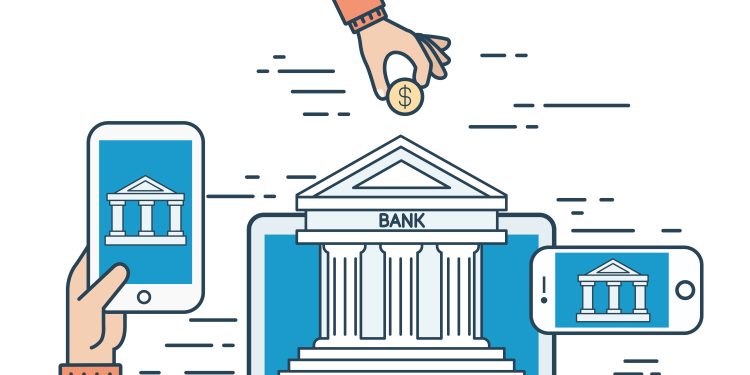Klarna has dropped its open banking brand Klarna Kosma, less than 18 months after its launch, and is planning to move the sub-brand directly under the Klarna corporate brand.
According to a Klarna spokesperson, its open banking arm of the business has experienced tremendous growth since its launch back in April 2022. Monthly transactions from other companies have reportedly grown by more than 200% on the open banking platform in the last year.
“By integrating its financing and open banking products under one brand, Klarna makes it easier for customers to choose payment options that best meet their needs in one place, whether it’s pay later or pay now solutions,” said Elisa Tavilla, Director of Debit Payments with Javelin Strategy & Research.
Open Banking Offers Significant Promise
Open banking is revolutionizing the way consumers interact with and manage their finances. It enables consumers to share their financial information with authorized third-party providers by using APIs. This information can be used by banks to offer more personalized and streamlined experiences for their customers, thereby building customer loyalty.
Before open banking became available, most consumer information was controlled primarily by banks. Now, consumers can oversee their financial information and have easier access to it across a wide variety of platforms, ensuring a more customized and streamlined experience.
It can also create fertile ground for innovation as it motivates larger banks to both enhance their offerings, as well as innovate to stir healthy competition with smaller banks. Customers get to enjoy improved technology and a rich customer experience at a much lower cost.
We covered the current state of open banking in a recent podcast, delving into how it can improve the current financial system, how its data should be shared responsibly, and how banks can benefit by reducing security risks.
As with any new platform, there are some downsides. Open banking is still in its infancy in the U.S. and the space is still undergoing regulation. Indeed, the Consumer Financial Protection Bureau (CFPB) is working to be at the helm of establishing a regulatory framework.
There are also concerns around security. Sharing financial data online is never without risk, however, the upside is that customers will never need to share their sensitive banking credentials directly with third-party service providers. All authentication is carried out via their bank.











